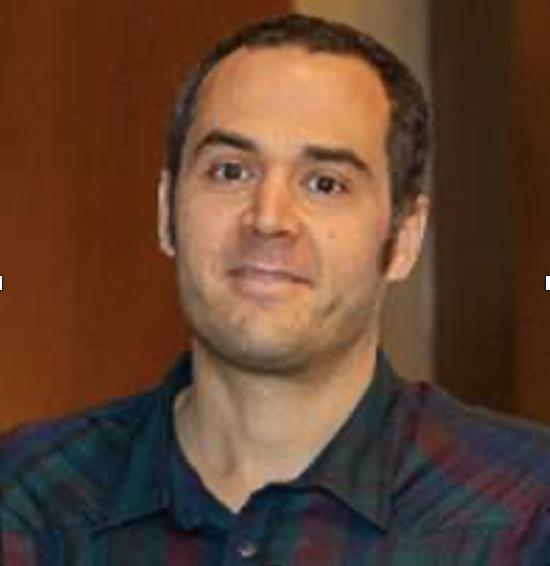TALK Prof. Pere Gilabert gave an invited talk at MERL on Machine Learning for Digital Predistortion Linearization of High Efficient Power Amplifier
Date released: February 16, 2021
-
TALK Prof. Pere Gilabert gave an invited talk at MERL on Machine Learning for Digital Predistortion Linearization of High Efficient Power Amplifier Date & Time:
Tuesday, February 16, 2021; 11:00-12:00
-
Abstract:

Digital predistortion (DPD) linearization is the most common and spread solution to cope with power amplifiers (PA) inherent linearity versus efficiency trade-off. The use of new radio 5G spectrally efficient signals with high peak-to-average power ratios (PAPR) occupying wider bandwidths only aggravates such compromise. When considering wide bandwidth signals, carrier aggregation or multi-band configurations in high efficient transmitter architectures, such as Doherty PAs, load-modulated balanced amplifiers, envelope tracking PAs or outphasing transmitters, the number of parameters required in the DPD model to compensate for both nonlinearities and memory effects can be unacceptably high. This has a negative impact in the DPD model extraction/adaptation, because it increases the computational complexity and drives to over-fitting and uncertainty.
This talk will discuss the use of machine learning techniques for DPD linearization. The use of artificial neural networks (ANNs) for adaptive DPD linearization and approaches to reduce the coefficients adaptation time will be discussed. In addition, an overview on several feature-extraction techniques used to reduce the number of parameters of the DPD linearization system as well as to ensure proper, well-conditioned estimation for related variables will be presented. -
Speaker:
Prof. Pere Gilabert
Universitat Politecnica de Catalunya, Barcelona, SpainPere L. Gilabert received the M.Sc. degree in telecommunication engineering from the Universitat Politecnica de Catalunya (UPC-Barcelona Tech.) in 2002, developed his Master thesis at the University of Rome “La Sapienza” with an Erasmus exchange grant and the Ph.D. degree awarded with the Extraordinary Doctoral Prize, from the UPC in 2008. He joined the Department of Signal Theory and Communications (TSC) in 2003. He is an Associate Professor at the Castelldefels School of Telecommunications and Aerospace Engineering (EETAC- UPC). His research activity is in the field of linearization techniques and digital signal processing solutions for highly efficient transmitter architectures.
-
Research Areas:
Communications, Electronic and Photonic Devices, Machine Learning, Signal Processing